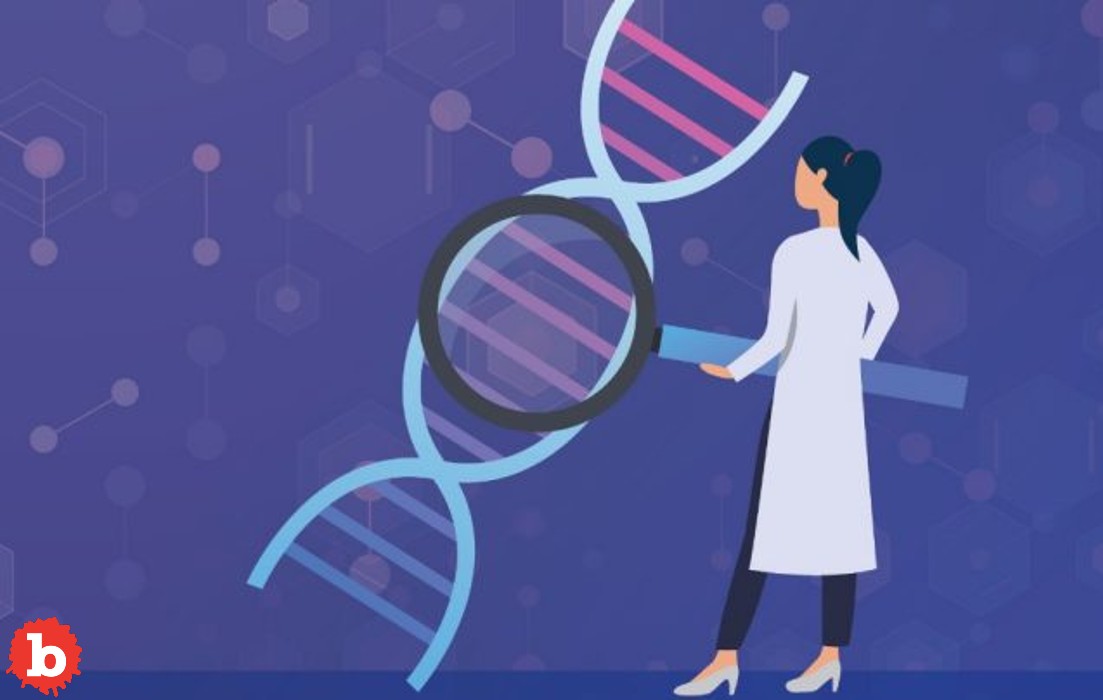INSURANCE COMPANIES ALREADY DENYING COVERAGE FOR “RISKS,” MAKING DNA PRIVACY A PRIORITY
This has been on my mind for some time, and I’m sorry to say that things are progressing just as I feared they would, but even faster than I expected. There’s a reason I have never done an analysis of my DNA, and that reason is DNA privacy. Once anyone knows your genetic makeup, the genie is literally out of the bottle, forever. One single doctor’s appointment suggesting getting genetic testing done means every doctor in your future could see it. But with shared medical files, others also get a large bite at your personal apple, including insurance companies. And insurance companies have already started denying coverage to people because their DNA details their “health risks.”
Read More: Did Detroit Cops Just Discover a New iPhone Security Feature?
DISCOVERING YOUR NEANDERTHAL PERCENTAGE COULD COST YOU AND YOUR KIDS MEDICAL COVERAGE
23andMe made a lot of money for quite a while because there was a large market of people who were mostly curious to see their entire ancestral background, supposedly all the way back to Neanderthal heritage. But DNA testing has become almost normalized in general, and laws protecting rights in relation to DNA privacy are anything but normal. And the situation will shock many who try to plan responsibly for their futures when they learn that they have a possible percentile chance of obesity, cancer, ALS, etc. But if you share this information with an insurance agent, or they obtain it in some other way, don’t be surprised when they deny coverage.
Related:
This Neanderthal Wants to Know: Will 23andMe Data Be Secure?
POLICY NEEDS TO CATCH UP, AND FAST, TO PROTECT PATIENT RIGHTS WITH DNA PRIVACY
The idea of insurance is protection about what’s possible, if it should happen. But medically, DNA testing offers a full-spectrum statistical probability for everything. And insurance providers will protect their profit margins over your health care if they consider you to be a bad risk. The process has started, and is sure to be a major political issue in the next two years if not sooner. DNA privacy needs to be defined and it will be complicated for individuals, insurers, and governments. How that impacts the rights of people, especially when they become patients, will shape our understanding of healthcare in the future. Unfortunately, that future has already arrived.
And let’s not forget that your relative’s DNA profiles could impact you by association, as well. You can read more about people being denied coverage for their DNA charts at The Atlantic.






